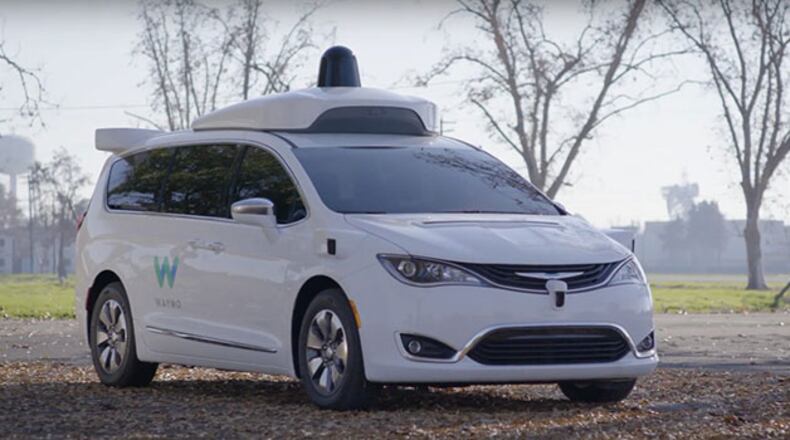Waymo officials announced recently plans to test driverless cars in Atlanta, dmv.org reported. The city is ranked fourth for worst traffic in the country with commuters spending an average of 70.8 hours per year in on-road congestion, which is only exacerbated by a climbing number or roadway deaths across the Peach State. The snarls and bumper-to-bumper quagmires will put the company’s autonomous Chrysler Pacifica hybrid minivans to the ultimate test.
The cars will have Level 4 autonomy, which means they can drive themselves in almost all situations but still have a steering wheel and pedals. In mid-January, one was sent ahead to map the city, driving through Atlanta’s vehicle-choked streets while its laser-based scanning systems cataloged 3-D images and maps of the planned test areas.
Additionally, Waymo’s engineers have 4 million miles of total experience to draw from when developing and managing their efforts in Atlanta.
The self-driving start-up has tested its technology on roads in regions across the country, including Austin, Texas; the Northern California tech enclave of Mountain View; and Phoenix, Arizona. Still, none can match Atlanta for congestion and difficulty level.
For now, Waymo will deploy the autonomous minivans in Atlanta strictly for testing purposes; the vehicles will not pick up passengers just yet. In the Phoenix suburb of Chandler, however, the company’s Pacificas have moved beyond testing and into a 100-vehicle on-demand ride service, though always with a human driver in the vehicle to monitor the situation. (Waymo officials intend to launch a totally driverless service there soon.)
Going from having a human being behind the wheel “just in case” to commuting without a driver is a big step in the world of autonomous vehicles. However, the cars’ potential positive impact on safety—and traffic congestion—could improve the country’s roadways by leaps and bounds.
About the Author
The Latest
Featured

